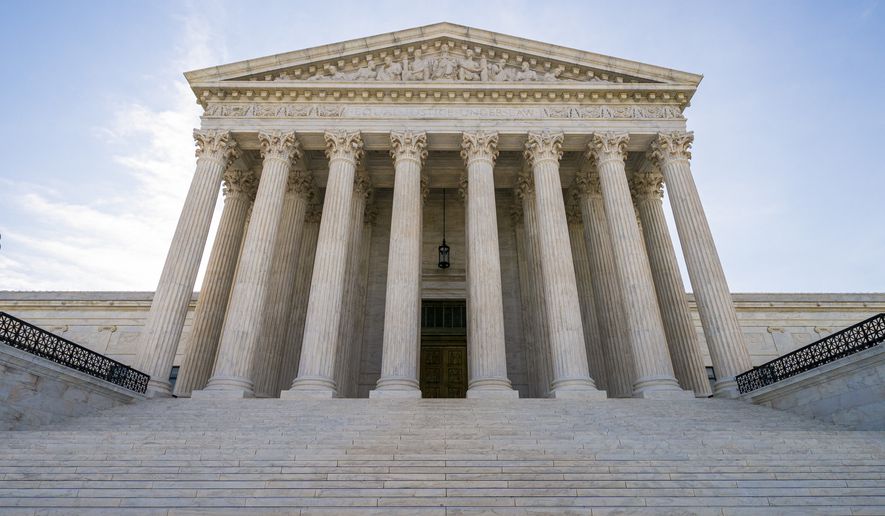Written By Alex Swoyer | The Washington Times | Thursday, December 26, 2019
URL of the original posting site: https://www.washingtontimes.com/news/2019/dec/26/supreme-court-to-hear-louisiana-abortion-case-in-2/
Justices Neil M. Gorsuch and Brett M. Kavanaugh were not on the court in 2016 when its justices last grappled with hospital admitting privileges and requirements for medical professionals administering abortions in Texas.
This time, the pair of Trump appointees help create a conservative majority on the high court for its second go at those types of restrictions imposed by a Louisiana law.
Penny Nance, president of the pro-life Concerned Women for America, said her side welcomes the opportunity for the Supreme Court to weigh in again.
“It’s definitely the biggest abortion case that has been in front of Justice Gorsuch and Justice Kavanaugh, and this will be very telling on their judicial philosophy on these kinds of cases,”Ms. Nance said.
The legal battle scheduled for oral arguments on March 4 will give the full bench a chance to take a look at a Louisiana law requiring doctors performing abortions to have admitting privileges at a hospital no farther than 30 miles from the women’s clinic.
The high court, in a 5-4 decision, halted the law from taking effect this year. Chief Justice John G. Roberts Jr. sided with the four Democrat-appointed justices on the court in that case.
Abortion providers have challenged the legislation, saying it resembles a Texas law that the high court struck down in a 5-3 ruling three years ago. That time, it was Justice Anthony M. Kennedy, who has since retired, siding with the more liberal wing. The late Justice Antonin Scalia had died, leaving an eight-member court.
Josh Blackman, a professor at South Texas College of Law, said only Justice Clarence Thomas openly disagreed with Roe v. Wade, the landmark 1973 decision legalizing abortion nationwide, in a 2016 ruling striking down the Texas requirements.
It is unknown at this point how Justices Gorsuch and Kavanaugh will decide — noting Justice Kennedy’s fifth vote is now gone since his retirement last year, he said.
“I think there is a chance the court changes the standing doctrine, such that only pregnant women can bring suits, not abortion clinics. This shift would radically alter the way abortion cases are litigated,”Mr. Blackman said.
Ed Goldman, a law professor at the University of Michigan, said that unless Chief Justice Roberts opts to uphold precedent since he was originally a vote in support of the Texas law back in 2016, the court likely will reverse course with the Louisiana requirements, potentially upholding the law.
“This would, of course, be a significant loss for abortion providers,” Mr. Goldman said. “This plus the current administration conscience law that has defunded Planned Parenthood would be a very significant blow leaving Roe as a right without a remedy. And it may be a way to overturn Roe.”
Senate Minority Leader Charles E. Schumer and House Speaker Nancy Pelosi also filed a brief in the case that was signed on by more than 170 lawmakers. They argued the Louisiana law runs afoul of the Supreme Court’s precedent on a pregnant person’s right to privacy.
“Such defiance undermines our nation’s confidence in the legislative process and violates the rule of law,” they said in court papers.







"Thank You" for taking the time to comment. I appreciate your time and input.